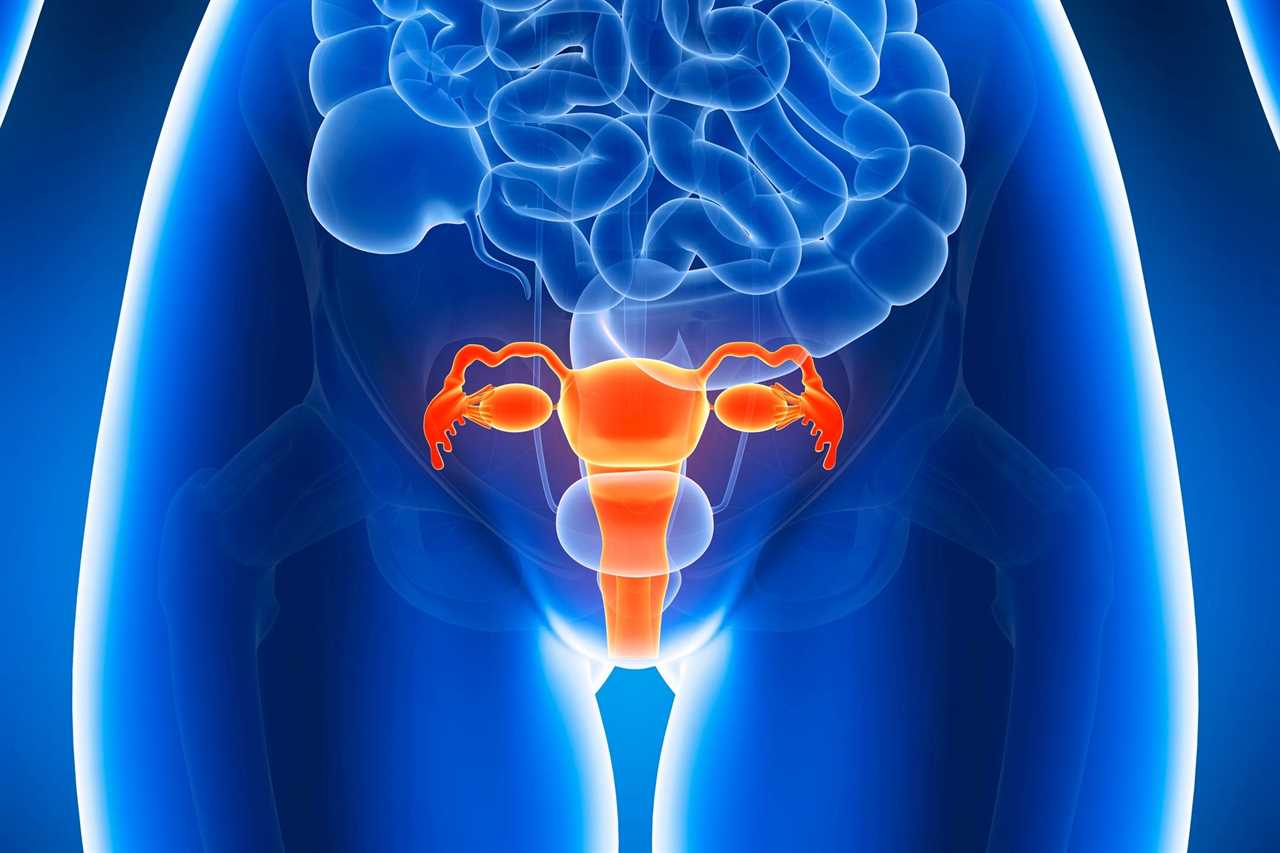
Cervical cancer symptoms can be subtle
Cervical cancer is a type of cancer that affects the cervix, the opening between the vagina and womb. While not everyone diagnosed with cervical cancer will experience symptoms beforehand, some may have subtle signs that can be easily overlooked. These symptoms can also be similar to those caused by other conditions, such as fibroids or endometriosis. However, there is one symptom that you might be able to spot while having sex, according to the NHS.
Pain during sex
Pain or discomfort during sex, also known as dyspareunia, can be a symptom of cervical cancer. Alexandra Penk, a litigation executive at Patient Claim Line, explains that this symptom has been reported by some clients. However, it's important to note that pain during sex can also be caused by other conditions. If you experience this symptom, it is crucial to see your doctor right away.
Other symptoms to be aware of
In addition to pain during sex, there are a few other symptoms that may indicate cervical cancer:
- Unusual vaginal bleeding, which can occur between periods, during or after sex, or after menopause.
- Vaginal discharge.
- Pain in the pelvic area, between the hipbones.
Bleeding from the vagina outside of your period is one of the most common symptoms of cervical cancer. However, it's important to note that bleeding after sex is not necessarily a sign of the disease. It can be caused by other factors, such as cervical erosion or ectropion, which are common conditions in young girls and women on hormonal contraception or who are pregnant.
What causes cervical cancer?
About 99.7% of cervical cancer cases are caused by persistent genital high-risk human papillomavirus (HPV) infection. HPV is a very common virus that usually doesn't cause illness. However, it can sometimes lead to genital warts or abnormal changes in cervical cells. HPV can be transmitted through skin-to-skin contact of the genital area, vaginal, anal, or oral sex, and sharing sex toys.
Prevention and early detection
To prevent cervical cancer or catch it early, here are some steps you can take:
- Attend cervical screening when invited by your healthcare practitioner.
- Be aware of the symptoms of cervical cancer and seek medical advice if you experience any symptoms.
- Take up the HPV vaccination if offered between the ages of 11 and 18. If you missed it at school, you can still get it for free up to the age of 25.
- Talk to your family and friends about reducing their risk and preventing cancer.
- Know where to find support and further information, which is available at your GP and local family planning clinic.
The NHS is encouraging more people to come forward for cervical screening, which can detect cervical changes that indicate a future risk of cancer. The screening program is open to women, trans men, and non-binary people aged between 25 and 64. The frequency of screening invitations varies based on age and location.
Considering at-home "self-sampling"
The NHS is also considering at-home "self-sampling" to increase screening uptake. This would provide individuals with the option to do their own smear tests in the comfort of their own homes.
Treatment and legal rights
If diagnosed with cervical cancer, treatment options may include surgery, chemotherapy, or radiotherapy. It's important to seek timely treatment, as delays can be considered medical negligence. In such cases, individuals may be entitled to make a claim for compensation.






